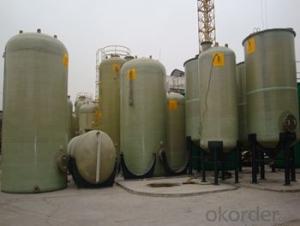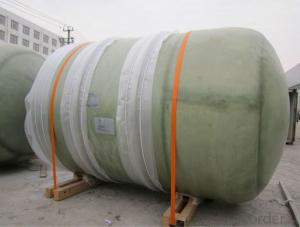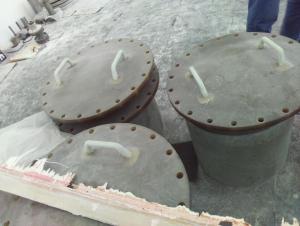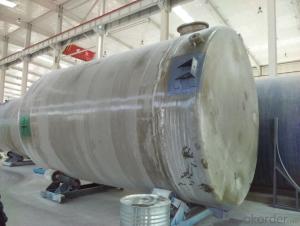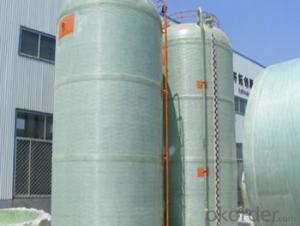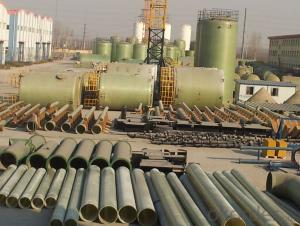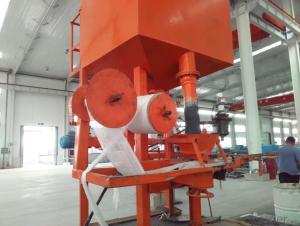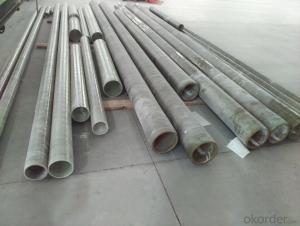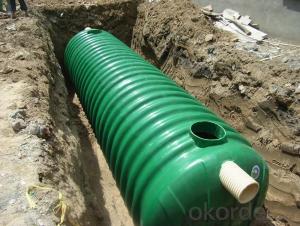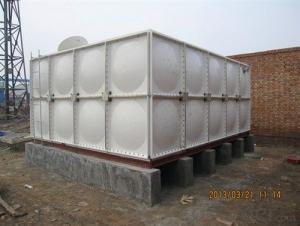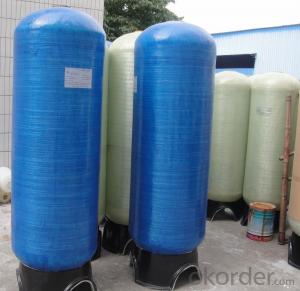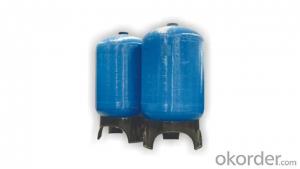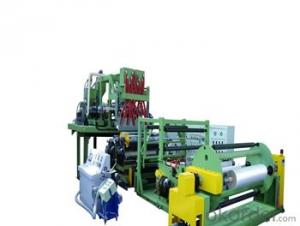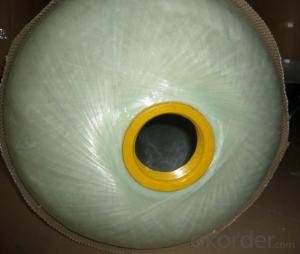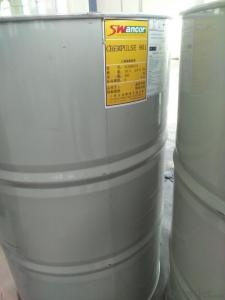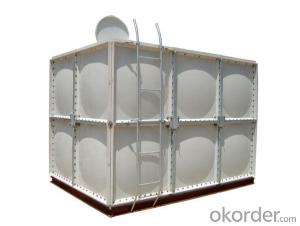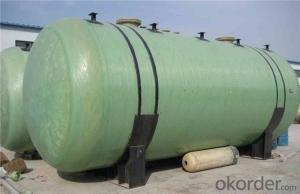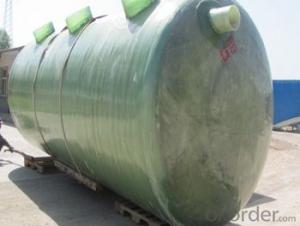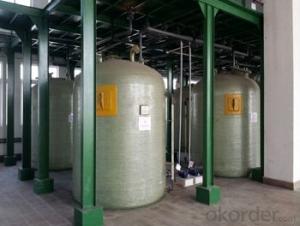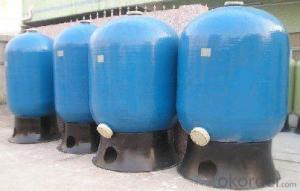All Categories
- - Steel Wire Rod
- - Steel Coils
- - Steel Profiles
- - Steel Pipes
- - Stainless Steel
- - Tinplate
- - Special Steel
- - Steel Sheets
- - Steel Rebars
- - Steel Strips
- - Hot Rolled Steel
- - Cold Rolled Steel
- - Pre-painted Steel
- - Seamless Steel Pipe
- - Welded Steel Pipe
- - Hollow Steel Tubes
- - Galvanized Pipe
- - Stainless Steel Coil
- - Stainless Steel Sheet
- - Stainless Steel Plate
- - Stainless Steel Strips
- - Electrolytic Tinplate Coil
- - Electrolytic Tinplate Sheet
- - Stainless Steel Rebars
- - Solar Panels
- - Solar Water Heater
- - Solar Related Products
- - Solar Inverter
- - Solar Cells
- - Solar Light
- - Solar Energy Systems
- - Solar Controllers
- - Solar Mounting System
- - Solar Pump
- - Solar Chargers
- - Fiberglass Chopped Strand
- - Fiberglass Mesh Cloth
- - Composite Pipes
- - FRP Pultrusion Profiles
- - Fiberglass Mat Tissue
- - Fiberglass Fabrics
- - Fiberglass Mesh
- - Composite Tank
- - Fiberglass Mesh tape
- - Polymer
- - FRP Roofing Panel
- - Fiberglass Roving
- - Monolithic Refractories
- - Ceramic Fiber Products
- - Refractory Bricks
- - Raw Materials For Refractory
- - Suspended Platform
- - Cranes
- - Concrete Machinery
- - Earthmoving Machinery
- - Building Hoist
- - Road Building Machinery
- - Plastic Pipe Fittings
- - Plastic Tubes
- - Plastic Sheets
- - Agricultural Plastic Products
- - Plastic Nets
 All Categories
All Categories
Q & A
How do composite tanks address issues related to stress corrosion cracking and material degradation?
Composite tanks address issues related to stress corrosion cracking and material degradation by utilizing non-metallic materials that are resistant to these types of corrosion and degradation. Unlike metal tanks, composite tanks are not susceptible to stress corrosion cracking, which occurs when a metal is exposed to a corrosive environment and experiences tensile stress, leading to crack formation and propagation. Additionally, composite materials used in tanks are engineered to be highly resistant to degradation from exposure to chemicals, UV radiation, and temperature variations. This resistance ensures the longevity and durability of composite tanks, minimizing the risk of material degradation and associated issues.
What are the environmental benefits of using composite tanks?
Using composite tanks for storing and transporting materials offers several environmental benefits. Firstly, composite tanks are lightweight, which reduces fuel consumption during transportation, resulting in lower greenhouse gas emissions. Additionally, composite tanks are non-corrosive, reducing the need for chemical coatings and maintenance, which minimizes the release of harmful chemicals into the environment. Moreover, composite tanks have a longer lifespan than traditional tanks, reducing waste generation and resource consumption in the long run. Overall, the use of composite tanks contributes to a more sustainable and eco-friendly approach to storage and transportation.
Are composite tanks resistant to chemical spills?
Yes, composite tanks are generally resistant to chemical spills. Unlike traditional metal tanks, composite tanks are made from materials such as fiberglass or carbon fiber, which have excellent chemical resistance properties. These tanks are designed to withstand a wide range of chemicals, making them a reliable choice for storage and transportation of hazardous materials without the risk of leaks or spills.
What are the standards for transporting composite tanks over long distances?
The standards for transporting composite tanks over long distances typically involve ensuring proper packaging and securing methods, complying with weight restrictions, following applicable transportation regulations, and considering factors such as temperature control and vibration dampening. Additionally, it is important to adhere to any specific guidelines provided by the manufacturer of the composite tanks to ensure their safe transport.
Wholesale Composite Tank from supplier in Egypt
Our team of experts is well-versed in the technical aspects of Composite Tanks and can assist you in selecting the most suitable product for your application. We understand the importance of timely delivery and strive to ensure that your orders are processed and delivered promptly. Additionally, our after-sales support team is available to address any queries or concerns you may have regarding the use and maintenance of your Composite Tanks.
At CNBM, we are committed to providing high-quality products and services that meet the highest industry standards. Our Composite Tanks are manufactured using advanced technology and premium materials to ensure durability and reliability. We also prioritize environmental sustainability and ensure that our products are eco-friendly.
Whether you require Composite Tanks for residential, commercial, or industrial purposes, we have the expertise and resources to fulfill your requirements. Our customer-centric approach and dedication to excellence make us the preferred choice for Composite Tank solutions in Egypt.
Contact us today to discuss your Composite Tank needs and discover how we can assist you in achieving your project goals.
At CNBM, we are committed to providing high-quality products and services that meet the highest industry standards. Our Composite Tanks are manufactured using advanced technology and premium materials to ensure durability and reliability. We also prioritize environmental sustainability and ensure that our products are eco-friendly.
Whether you require Composite Tanks for residential, commercial, or industrial purposes, we have the expertise and resources to fulfill your requirements. Our customer-centric approach and dedication to excellence make us the preferred choice for Composite Tank solutions in Egypt.
Contact us today to discuss your Composite Tank needs and discover how we can assist you in achieving your project goals.
Hot Search
- Fiberglass Chopped Strand in Palau
- Fiberglass Mesh Cloth in Timor Leste
- Composite Pipes in Singapore
- FRP Pultrusion Profiles in Turkmenistan
- Fiberglass Mat Tissue in Oman
- Fiberglass Fabrics in Cyprus
- Fiberglass Mesh in Palestine
- Composite Tank in Tonga
- Fiberglass Mesh tape in Nigeria
- Polymer in Indonesia
